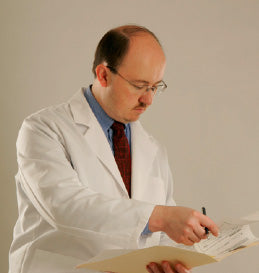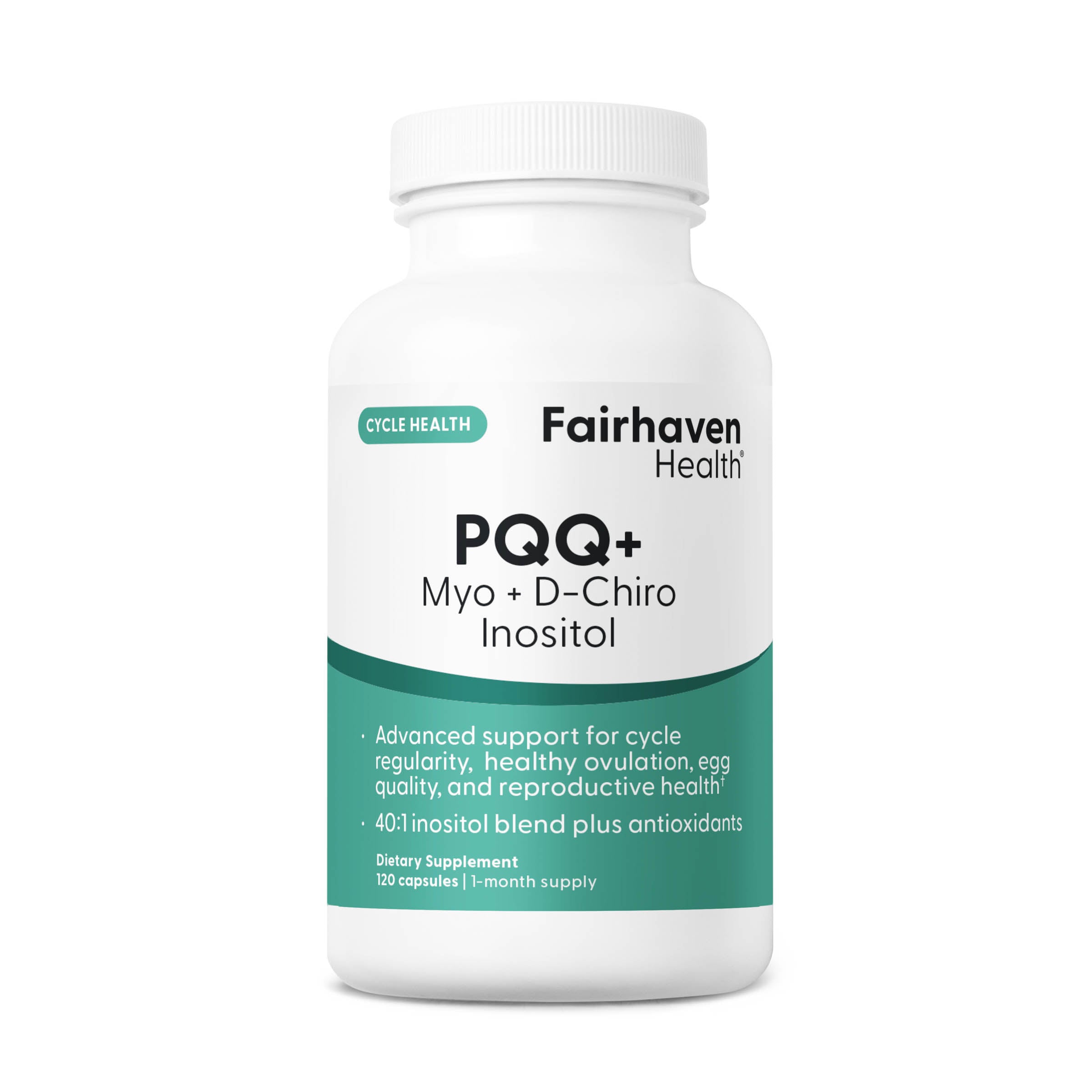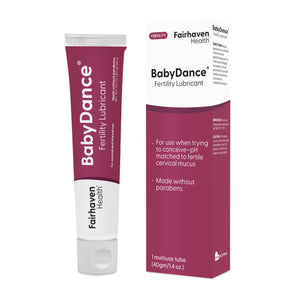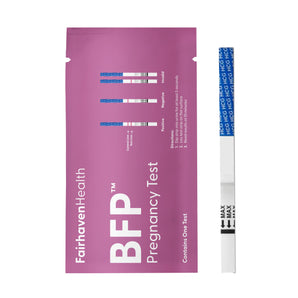By Chris D. Meletis, N.D.
Whether you’re taking a business trip or your summer vacation, traveling can affect your fertility and ability to get pregnant. This is true for both men and women. But you can take certain steps to increase chances of pregnancy while traveling on vacation or after you reunite with your partner after a business trip.
Here are four ways traveling can impact your fertility and what you can do about it.
Reduce Stress while Traveling
Catching a plane or packing the car as well as negotiating other aspects of travel can significantly increase your stress level. Vacations are listed on the stress scale created by the psychiatrists Thomas Holmes and Richard Rahe. Although they’re not at the top of the list, they’re still counted as a stressor.
Stress activates what’s known as the hypothalamic-pituitary-adrenal (HPA) axis, which helps the body cope with stress. Activation of the HPA axis by ongoing stress alters reproductive hormones, suppresses reproductive function, and can alter fetal development.1
A review of the medical literature found that there is a strong relationship between stress, quality of life, and reproductive function.2 This same review found that there is a vicious circle, whereby stress leads to fertility issues, which leads to additional stress, which further promotes problems getting pregnant.2
Stress can also affect male fertility. For example, there’s a significant association between job burnout in men and fertility issues.3
So often we forget that we are on vacation and try to pack so much into the trip that we come back tired and worn out. Remember that a vacation is supposed to be a time to de-stress and rest.
To decrease stress and increase fertility, it’s a good idea to unplug from work as much as possible and disconnect from the news and social media while away, as well as turn your phone off while eating. That way, you can immerse yourself in the present and your hormones and body chemistry will be thankful.
Stay on Rhythm
Another way that traveling can impact fertility is by altering your circadian rhythm. This rhythm refers to an internal clock that regulates many systems in the body, including reproductive health. Circadian clocks play a role in the menstrual cycle, ovulation, sperm generation, implantation, and the maintenance of pregnancy.4 Air travel across time zones can disrupt circadian rhythm and therefore can potentially affect all of these aspects of fertility.
Circadian rhythm also regulates bowel movements. Traveling can throw off GI tract function and lead to constipation. Regular bowel movements are important for people trying to conceive as they remove pregnancy-impairing toxins. Constipation can lead to the reabsorption of toxins back into your body and literally make you feel “poopy.”
Get Enough Sleep
Closely tied to the aspect of circadian rhythm are sleep patterns. When traveling, it’s often difficult to get a good night of shut-eye. Lack of sleep can activate the HPA axis,5 which, as I mentioned earlier in this article, is linked to suppressed reproductive function.
Shift work is a good example of how changing a person’s sleep cycle can affect fertility. Shift work is linked to menstrual irregularities, dysmenorrhea (painful periods), taking longer to get pregnant or not getting pregnant at all, increased miscarriages, and lower birth weight.5
In men, not getting enough sleep is associated with lower levels of testosterone, a hormone involved in sex drive, libido, and fertility.6
Getting enough sleep while you’re traveling is therefore critical to enhance fertility. Do your best to sleep on a plane if you’re flying at night. It’s tempting to stay up later while on vacation, but try to go to bed early and go outside in the morning to reset your circadian rhythms. If your place of lodging has lots of light pouring into it from outside or from various electronic gadgets in the room, wear a night mask to naturally boost your melatonin production.
Reduce Toxin Exposure While Traveling
When traveling, it’s not as easy to eat healthy, organic food compared to when you’re at home. Foods can contain chemicals linked to decreased sperm count, and inability to ovulate, among other problems.7
Eating out at restaurants while on the road puts you at risk of exposure to the pesticides and herbicides found in non-organic food.
To lessen this exposure, find a health food store or grocery store that sells organic foods and cook for yourself. Plan ahead by booking a hotel or renting a house with a kitchen. Before reaching your destination, look online to find restaurants that serve organic food.
Another option is to pack organic, solid foods in your carry-on or suitcase (no liquids allowed past security checkpoints at airports).
Increase Chances of Pregnancy While Traveling
The bottom line? Traveling can impact fertility in a number of ways. A women’s menstrual cycle and ovulation can be affected, as can a man’s sperm count and testosterone levels, especially in frequent flyers.
By reducing stress, getting enough sleep, keeping your circadian rhythm balanced, and avoiding exposure to toxins, you can enhance fertility while away from home. And don’t forget to drink plenty of water and liquids to keep yourself hydrated on your journeys.
Dr. Chris Meletis
 Dr. Chris Meletis is an educator, international author and lecturer. His personal mission is “Changing World’s Health One Person at a Time.” Dr Meletis has authored 18 books and over 200 national scientific articles in journals including Natural Health, Alternative and Complementary Therapies, Townsend Letter for Doctors and Patients, Life Extension, Natural Pharmacy, and PubMed.gov articles.
Dr. Chris Meletis is an educator, international author and lecturer. His personal mission is “Changing World’s Health One Person at a Time.” Dr Meletis has authored 18 books and over 200 national scientific articles in journals including Natural Health, Alternative and Complementary Therapies, Townsend Letter for Doctors and Patients, Life Extension, Natural Pharmacy, and PubMed.gov articles.
Dr. Meletis served as Dean of Naturopathic Medicine and Chief Medical Officer for 7 years for the National College of Naturopathic Medicine (now the National University of Natural Medicine). He was awarded the 2003 Physician of the Year by the American Association of Naturopathic Physician of the Year by the American Association of Naturopathic Physicians. He has a deep passion for helping the underprivileged and spearheaded the creation of 16 free natural medicine healthcare clinics in the Portland metropolitan area of Oregon.
References:
- Joseph DN, Whirledge S. Stress and the HPA Axis: Balancing Homeostasis and Fertility. Int J Mol Sci. 2017;18(10).
- Palomba S, Daolio J, Romeo S, Battaglia FA, Marci R, La Sala GB. Lifestyle and fertility: the influence of stress and quality of life on female fertility. Reprod Biol Endocrinol. 2018;16(1):113.
- Sheiner EK, Sheiner E, Carel R, Potashnik G, Shoham-Vardi I. Potential association between male infertility and occupational psychological stress. J Occup Environ Med. 2002;44(12):1093-1099.
- Kennaway DJ, Boden MJ, Varcoe TJ. Circadian rhythms and fertility. Mol Cell Endocrinol. 2012;349(1):56-61.
- Kloss JD, Perlis ML, Zamzow JA, Culnan EJ, Gracia CR. Sleep, sleep disturbance, and fertility in women. Sleep Med Rev. 2015;22:78-87.
- Lateef OM, Akintubosun MO. Sleep and Reproductive Health. J Circadian Rhythms. 2020;18:1.
- Pizzorno J. Environmental Toxins and Infertility. Integr Med (Encinitas). 2018;17(2):8-11.







